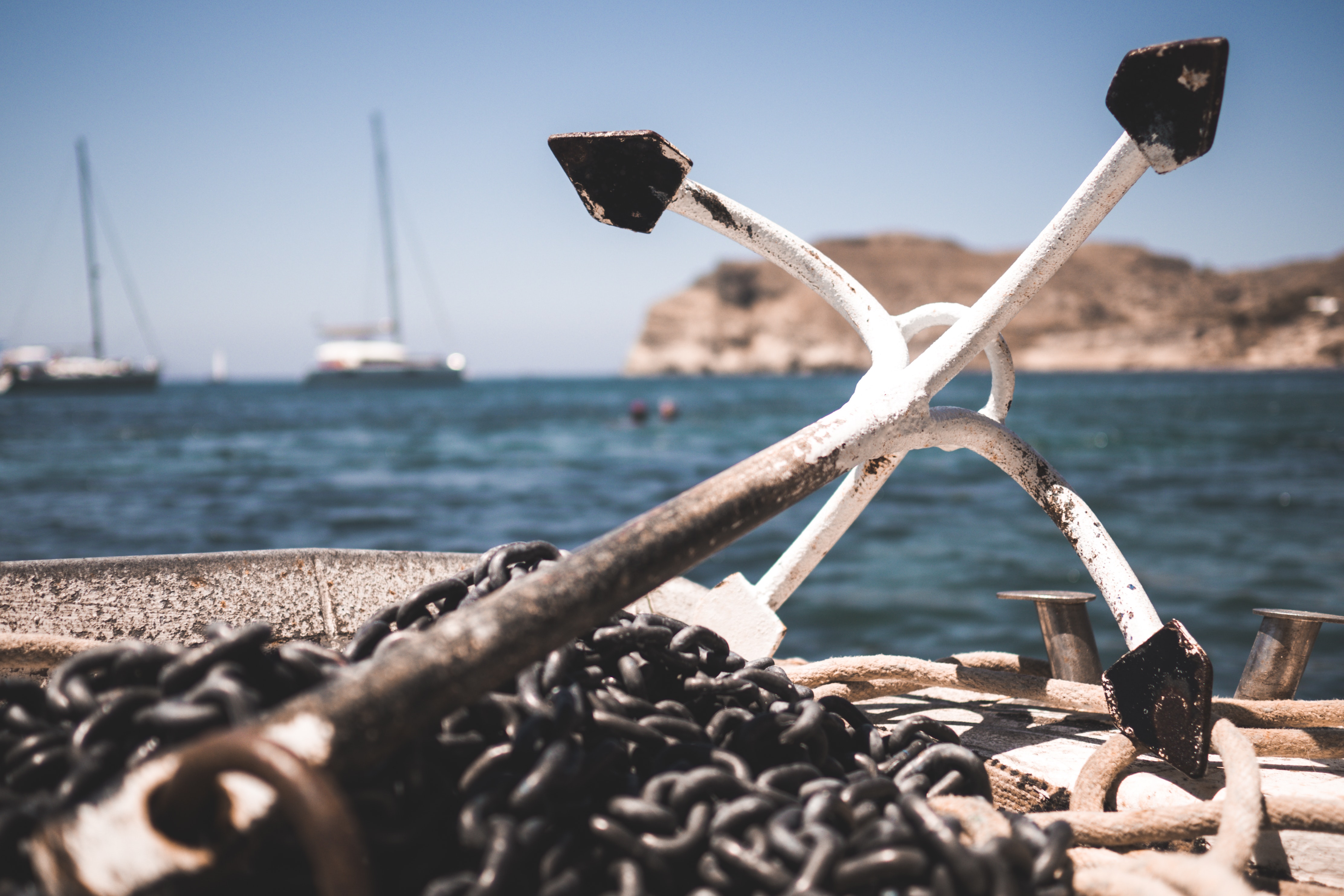For we are all somehow dreadfully cracked about the head, and sadly need mending. ~ Herman Melville, Moby Dick
Well I finally cracked open Moby Dick again. And I fell right back into Ishmael’s world.
We return from Ishmael finding a ship, the Pequot, to find that Queequeg has locked himself into their inn room and won’t respond to any shouts or banging on the door. So Ishmael, the landlady and the maid cause a ruckus and break open the door (causing property damage that is never brought up again), to find Queequeg squatting and meditating, holding his idol over his head. He is a great example of meditation, no responding to any of the noise or commotion.
And Ishmael, for his open-mindedness, is so concerned for his friend that when Queequeg’s ‘Ramadan’ is over, he takes it upon himself to educate his friend on the history of religion and the dangers of fasting. There is a little moment here where you can see the difference between Ishmael as as flawed, human character, and Melville’s personal opinions (or so I’m choosing to interpret).
And, finally, he (Queequeg) no doubt thought he knew a good deal more about the true religion than I did. He looked at me with a sort of condescending concern and compassion, as though he thought it a great pity that such a sensible young man should be so hopelessly lost to evangelical pagan piety.
I really love this moment, where Queequeg returns Ishmael’s ‘condescending concern’. Melville recognises the infallibility (is that the right word? or the right place to use it?) of religion and how it’s impossible to know which is the One True religion.
So, while I appreciate Melville’s attitudes towards religion and race for his time, I still question his use of the word ‘Ramadan’ to describe a non-Muslim fasting ritual. I always associated Ramadan with the Islamic month of daylight fasting. Is this a case of Christians in the nineteenth century lumping all non-Christian religions together? Or was it common practice to label all fasting rituals as ‘Ramadan’ back then? A cursory glance at the first page of google results shows that it is definitely what I thought: the month of fasting from sunrise to sunset in the Muslim religion. So, Melville, what’s up?
Moving on from the religious parts of Melville’s narrative, I once again love the little details that he puts into his world building. Ishmael and Queequeg leave the inn ‘picking (their) teeth with halibut bones.’ A little reminder of the fishy world that they inhabit.
And then they come to the Pequot. It’s the day that they embark on their journey. Now, Peleg and Bildad have to meet Queequeg – and we bear witness to more discrimination against non-caucasians. The captains call him ‘Quohog’ and ‘Hedgehog’, never getting his name right. Bildad demands his ‘papers’ as proof that he’s converted to christianity. Ishmael has to intervene and gives a little sermon that any English major experienced in bullshitting through an essay would be proud of.
Then Queequeg demonstrates his skill as a harpooner, and everything is smoothed over.
So that’s my return to reading through Moby Dick. Thanks for reading and I’ll see you next time!
Definitions
Chapter 18
Belial – Either means ‘wicked’ or ‘worthless’, or is the personification of the devil. Source.
The idol Bell – an idol god worshipped by the Babylonians of the Bible.
Plaguy – troublesome or annoying.
Davy Jones – an idiom for the bottom of the sea. This site also has a bunch of interesting theories on where it came from.


